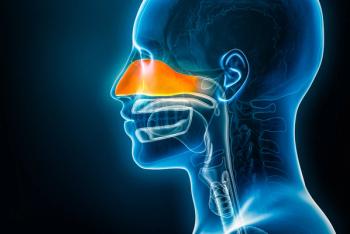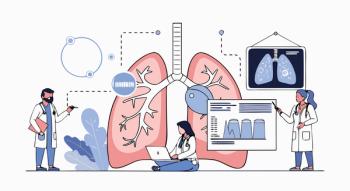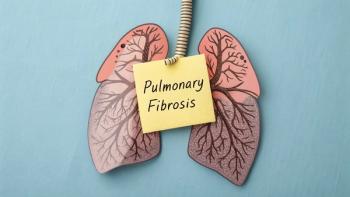
VUMC Awarded $22M in NIH-Funded Grants to Revolutionize Pulmonary Disease Treatment
The researchers hope their discoveries will lead to novel strategies to not just slow fibrosis but promote functional repair of the injured lung.
Vanderbilt University Medical Center (VUMC) will partner with the University of Michigan and the Translational Genomics Research Institute (TGen) in Phoenix, Arizona, to conduct innovative research aimed at identifying the molecular causes of pulmonary diseases, with the aim of enhancing prevention, diagnosis and treatment strategies.
The collaboration has been awarded three grants exceeding $22 million from the National Heart, Lung and Blood Institute.
TGen is part of the City of Hope, a research center in Orange County, California, that focuses on cancer and other diseases.
Jonathan Kropski, M.D., an associate professor of medicine at Vanderbilt School of Medicine, noted that in the past, studies of pulmonary fibrosis have focused primarily on late-stage disease mechanisms with a particular emphasis on pathways that regulate matrix production by fibroblasts. These grants will be used to support research that takes a different approach.
“Therapies that have emerged from those studies slow disease progression, but do not halt or reverse the disease,” he told MHE. “We believe this is likely because those cells are largely responding to cues in their environment that are triggered by injury to the lung epithelium and failure of normal repair mechanisms. We hope that by identifying and understanding the risk factors for and cellular processes that unfold as pulmonary fibrosis begins, we could develop novel strategies to not just slow fibrosis but promote functional repair of the injured lung.”
The three grants will be put towards a series of complementary strategies to examine the mechanisms that underlie the development and progression of pulmonary fibrosis.
The first will fund investigation into mid- to late-stage idiopathic pulmonary fibrosis, focusing on the genetic and molecular mechanisms of the disease using advanced sequencing techniques. The goal is to inform therapeutic strategies to slow disease progression.
The grant money for the second project will be used to examine early-stage disease mechanisms in asymptomatic relatives of patients with familial pulmonary fibrosis.
The third grant, “Unraveling the Molecular Origins of Chronic Parenchymal Lung Diseases,” is part of the LungMap consortium and covers a spectrum of lung diseases from childhood to adulthood. It employs spatial technologies to create high-resolution molecular maps to identify early intervention points and improve patient outcomes.
Kropski noted the current therapies available for pulmonary fibrosis have represented a huge advance and have been the first to show it is possible to slow the progression of this disease. However, despite treatment with current antifibrotic medications, most patients with pulmonary fibrosis still suffer from symptoms including cough, shortness of breath and reduced exercise capacity that severely impact their quality of life. Most patients with idiopathic pulmonary fibrosis ultimately die of their disease or require lung transplantation.
“We worry that by the time patients have advanced fibrosis and have lost significant lung function, there may be a limit as to how much of an impact any therapy could have,” he said. “If we could identify patients much earlier in the disease process—before they have lost significant lung function—and treat them with therapies that promote recovery and repair of the lung, we could prevent patients from developing the life-altering and life-threatening consequences of progressive pulmonary fibrosis.”
The researchers hope that these studies lead to new targets for therapies that promote maintenance and healthy repair of the injured lung that that would enable the prevention of patients from developing progressive pulmonary fibrosis.
Newsletter
Get the latest industry news, event updates, and more from Managed healthcare Executive.























